Your nonprofit organization has a mission and/or vision statement, right?
And, most likely, a set of core values?
What about the guiding principles for how you engage personal stories from individuals’ lived experience?
If your organization is like most nonprofits that tap the power of personal stories to raise awareness, educate, motivate and raise funds, chances are you haven’t yet articulated the guiding principles that inform what we call personal story practice.
You may have a general sense of what those principles are, but being intentional and deliberative about defining them is as important as defining your mission, vision and value statements. Here’s why.
what is personal story practice?
Personal stories from people with lived experience—those directly impacted by an issue or issues[1]—are the lifeblood of every organization that is focused on advocating for a safer, healthier or more just world.
Personal story practice refers to the way an organization engages and distributes stories from lived experience. It encompasses the entire process—from making the call for stories, to engaging with individuals who are sharing, to the method of recording, compiling and distributing, and more.
Personal story practices vary widely from organization to organization. But the most successful organizations ensure that their practice—from start to finish—is guided by certain values and principles.
Navigating the complexity of story work
Many organizations solicit personal stories and engage advocates sporadically, in conjunction with specific campaigns or appeals. Others do so on a continual basis to help demonstrate the ongoing need for change or as proof of what change is possible. For others still, advocate engagement and support is central to their mission, and so they devote significant time and resources toward building speakers’ bureaus and training teams of advocates to speak out and share their stories.
Regardless of the degree to which an organization engages personal stories for advocacy, the staff responsible invariably run headlong into the intricate and often complex process of making stories of lived experience public. Questions arise such as:
How do we ask for personal stories and engage advocates, and what protocols do we follow when asking people to share their experiences publicly?
What are the implications of us sharing advocates’ stories vs. advocates sharing their stories themselves?
How do we navigate and manage issues of confidentiality and safety?
What interpersonal, cultural or power dynamics exist between those asking for stories and those sharing their stories?
What, if anything, are we doing that sensationalizes, patronizes or reduces personal experiences, or risks misrepresenting/misusing them?
And more. These are important questions to ask—questions that can be answered by defining your organization’s personal story practices.
Personal Story Practices are built upon values
When we work with organizations to help them define their personal story practices, we begin by having them identify the values that inform how their organization will engage and share personal stories. Those values may already exist within the nonprofit, though they may not yet have been articulated or explored for this specific purpose.
For example, we spoke recently with the executive director of an international organization working to end human trafficking. We discussed the challenges the organization faces when considering how to share the personal stories of those with lived experience of modern slavery and other exploitative practices.
She asked, “Do you have a recommendation for how our process for collecting and sharing their stories should go?” To which we responded, “The first step is to ask: how do you want this to go?” This led to a brief discussion in which “safety,” “confidentiality” and a few other important tacit values surfaced.
The values informing personal story practices will differ among nonprofits depending upon the advocacy context and the advocates’ experience. For example, an organization supporting advocates whose stories arise from experiences of trauma may establish practices that guard advocates’ mental and emotional health, while an organization that wants to establish trust in its process may build its practices upon transparency.
Personal story practices need to be unique to your organization, and naming and claiming your organization’s values is the first step in laying the groundwork. Doing so will help you define practices that guide your entire process—from the initial call for stories, to engaging advocates, to sharing stories or supporting advocates as they share them, even to the type of follow-up you do.
Clear practices lead to more effective story work
Defining your personal story practices requires time and reflection, just as the writing of a mission or vision statement does. And like the process leading to a mission or vision statement, the very act of articulating your personal story practices has organization-wide impact and benefits.
Here are five benefits of engaging in an intentional, deliberative process. Defining your personal story practices:
Unifies staff around shared values and goals
Provides space to explore ethical or legal aspects, as well as the intersections of social and cultural dimensions
Leads to guidelines and replicable procedures
Builds trust among your community of advocates and conveys the importance your organization places on personal stories
Identifies areas in which your organization may need additional skills or resources in order to carry out the practices
Contact us to learn how our Personal Story Practices Workshops can help jumpstart the process of defining your principles and values.
Read how Interfaith Outreach defined their personal story practices.
[1] Sandu, B. (2017, July). The value of lived experience in social change: The need for leadership and organisational development in the social sector. Retrieved from thelivedexperience.org/report/;https://geekfeminism.wikia.org/wiki/Lived_experience

















